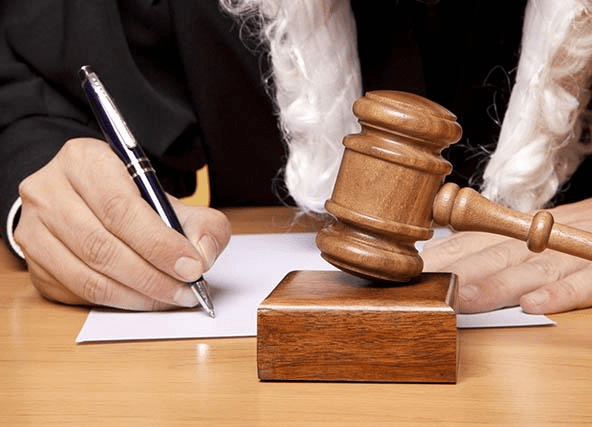Buying a home in Thailand through your Thai partner is common among foreign nationals — but it comes with serious legal risks. If your relationship breaks down and your partner attempts to take full control of the property, you need to know what your rights are and what legal steps you can take.
⚠️ The Core Issue: Foreigners Can’t Own Land
Thai law prohibits foreigners from owning land in their own name, so many foreigners buy property in the name of their Thai partner or spouse. This often means:
- The land title is in your partner’s name
- You funded the purchase (house, land, or both)
- You may or may not have a lease, usufruct, or mortgage agreement protecting your interest
🧾 Common Ownership Structures
| Structure | Legal Standing | Risk Level | Can You Claim Ownership? |
|---|---|---|---|
| Land in partner’s name only | Weak | 🔴 High | ❌ No – you have no title |
| Leasehold (30-year lease) | Strong | 🟡 Medium | ✅ Yes – enforceable if registered |
| Usufruct (lifetime right to use) | Medium | 🟡 Medium | ✅ Yes – gives occupancy rights |
| Mortgage to you (secured loan) | Strong | 🟢 Low | ✅ Yes – gives lien over property |
| Thai company (with Thai majority) | Complicated | 🔴 High | ❌ Ownership easily challenged |
🚨 If Your Partner Tries to Take Over the Property
Here are your legal options depending on your setup:
✅ 1. You Have a Lease, Usufruct, or Mortgage Registered
- You can enforce your rights through the Land Office or Thai court
- You can remain in the property or claim damages if evicted
- You may have legal grounds to sell or transfer your interest
📌 These structures are legally recognized and can be upheld even if the relationship ends.
⚠️ 2. You Paid for the Property But It’s in Their Name
- Thai courts do not recognize a foreigner as the true landowner just because they paid for it
- If married, the land is presumed personal property of the Thai spouse
- You may sue to recover funds as a personal loan or unjust enrichment
- Success depends on clear proof of payment (e.g., bank transfers, agreements)
🧑⚖️ 3. You’re Married – Divorce Complications
| Situation | Legal Outcome |
|---|---|
| Land bought in Thai spouse’s name | 🟥 Not considered marital property |
| House built during marriage | 🟨 May be split (if provable) |
| You paid for everything | 🟨 Can attempt to recover funds |
| Prenuptial agreement | 🟩 Helps protect your claim |
⚠️ Foreigners are not allowed to buy land via their spouse’s name with a loan or gift without declaring it as the spouse’s property.
🛡️ What You Can Do Now
| Action | Why It’s Important |
|---|---|
| 🔎 Check the title deed (Chanote) | See whose name is legally registered |
| 🧾 Gather evidence of payment | Bank transfers, contracts, messages |
| 📄 Check for lease, usufruct, or mortgage | These can protect your interest |
| 👩⚖️ Consult a Thai lawyer | Vital for court filings or mediation |
| ✍️ Consider a post-relationship agreement | Clarifies what each party gets |
🧠 Real-World Example
A foreign man funded a ฿5M home in Chiang Mai under his Thai girlfriend’s name. After they split, she tried to sell the house. Because he had a registered 30-year lease and documented proof of payment, he successfully blocked the sale and remained in the property.
✅ Key Takeaways
- If you don’t have a formal agreement (lease, usufruct, mortgage), you have limited protection
- Courts do not award land ownership to foreigners — but you may claim money back
- Always register your interest at the Land Office
- Never assume informal arrangements are legally binding




